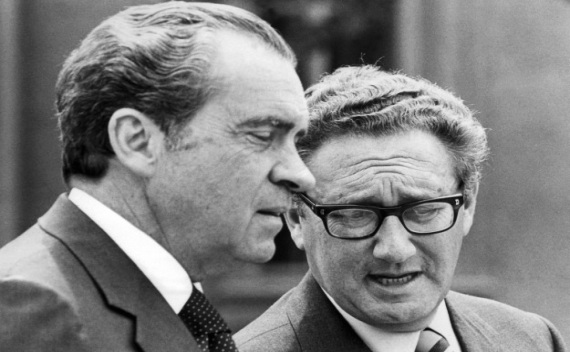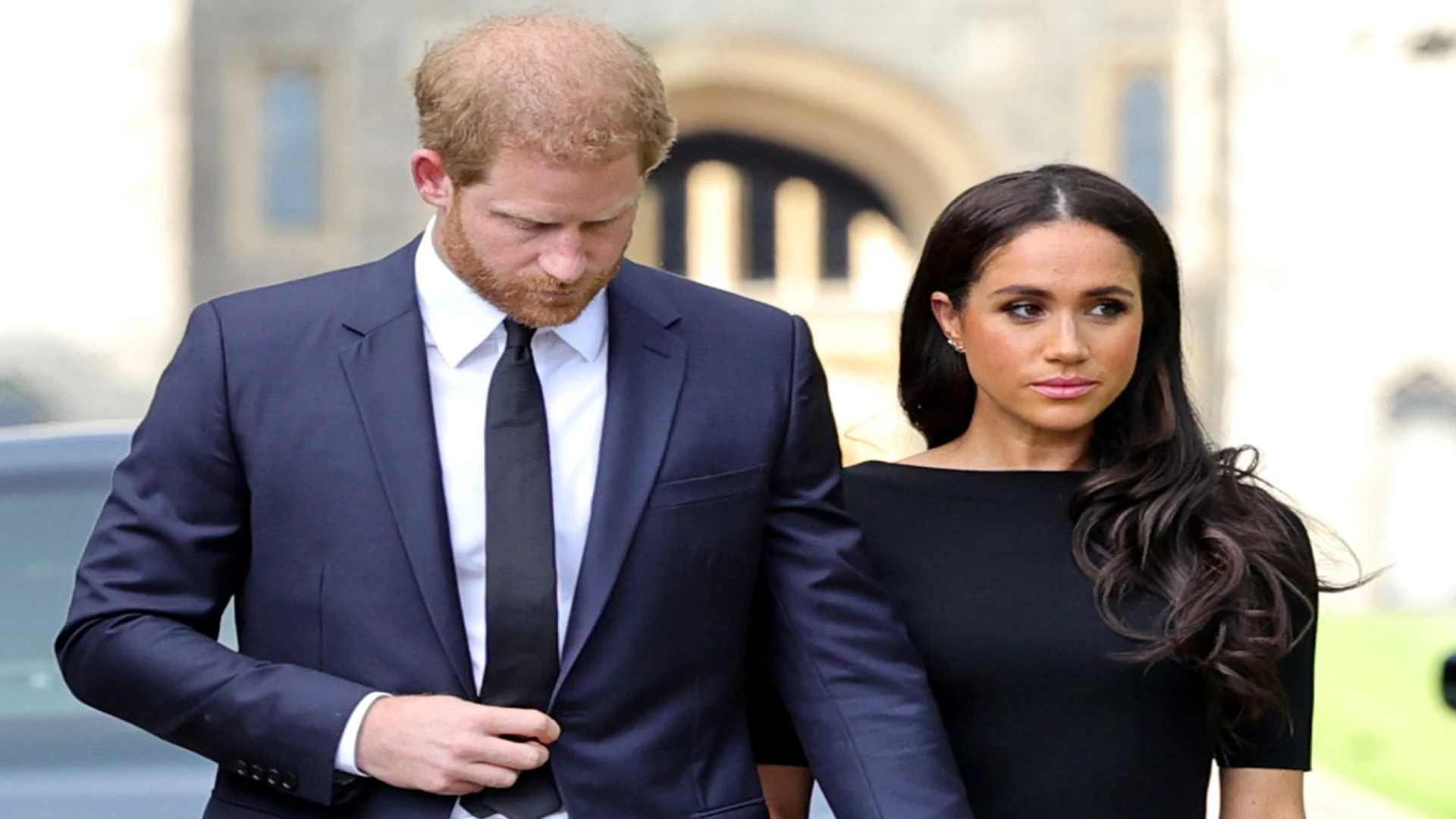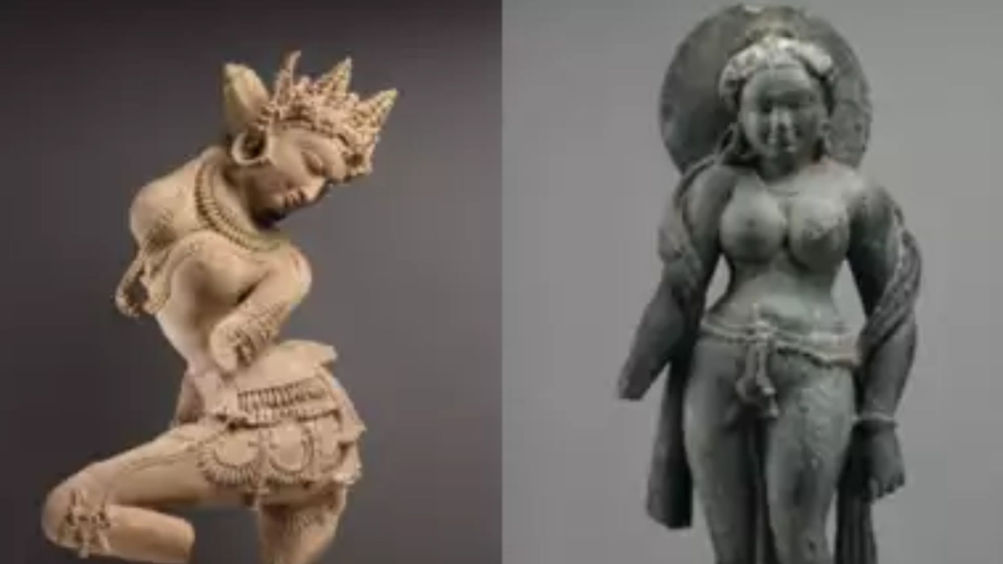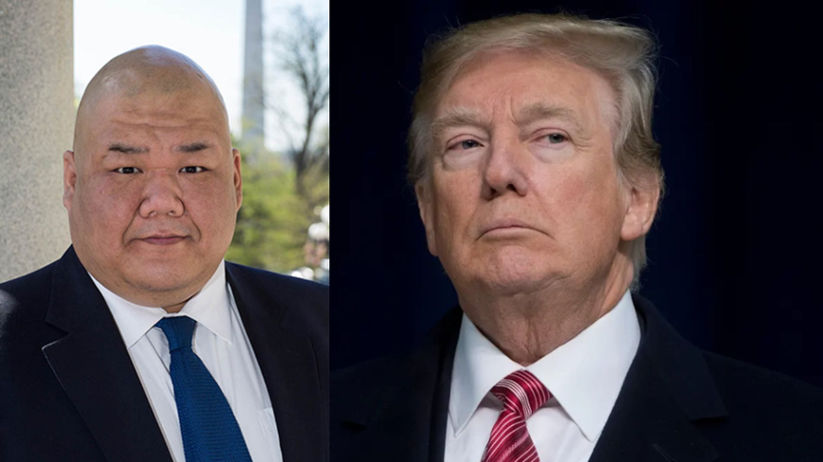
As International Peace Day approaches, celebrated each year on 21 September, thoughts turn to the biggest genocide that took place in India’s neighbourhood, during the 1971 war fought with Pakistan. The Americans collaborated with the Pakistani military in committing by some accounts, the biggest genocide since the Holocaust. President Nixon and his Secretary of State Henry Kissinger were both deeply culpable. Oddly enough Nixon’s well-documented sexual hatred of Indians was to play a role in this.
Richard Nixon, the 37th President of the United States, was an ugly man, there was no question about it, but instead of making him understand that beauty was only skin deep, he hated others whom he considered to be ugly.
As far as Richard Nixon’s personality was concerned, Nicholas von Hoffman describes him as a man who was not only ugly to look at but cussed a lot and often dressed inappropriately. Instead of beach wear, he would take a walk on the sand wearing wing-tipped shoes. Hoffman describes him unflatteringly as ‘Old Swoop Nose, the Cheese Eater and the Great Kiwani.’ If Nixon cursed a lot, this journalist is not especially kind to the President either, when he refers to him as the ‘national sphincter’ who was ‘out of control’. Hoffman writes: ‘He was unlovable and ugly. He was hugely euuuuuuugly! Ugh!’ Ugly men can nevertheless appear kindly.
Gandhi, for instance, is described by biographer Louis Fischer as ugly, with a big nose and small upper lip, but he is an admirer and means no disrespect. The famous American author Pearl S. Buck agrees that Gandhi was ‘ordinary looking’, and yet there was a goodness that radiated from him. Not so with Nixon. According to Hoffman, ‘Nixon looked evil, and he sounded evil. His head sits on his shoulders like a vulture’s.’
It was strange that a person as ugly as Nixon, who had attained the stature of the president of the most powerful nation on the planet, would judge other people based on their looks. The US President hated ugly people despite being ugly himself. That was the paradox. Who did Richard Nixon consider to be the ugliest people on the planet? It was the Indians!
In an article published in The New York Times, Gary Bass, a professor at Princeton University and the author of ‘The Blood Telegram: Nixon, Kissinger and a Forgotten Genocide,’ a prize-winning book on the Bangladesh genocide, quoted from declassified tapes that reveal Nixon’s deep prejudice and almost visceral hatred for Indians.
Nixon considered Black Africans to be ugly, but Indians, he believed, were even uglier. ‘I mean,’ Nixon tells Kissinger, ‘people say, what about the Black Africans? Well, you can see something, the vitality there. I mean, they have a little animal-like charm, but God, those Indians, ack, pathetic. Uch.’
It is an extraordinary remark to make. Nixon lumps all Africans into one category, ignoring the immense variation in physical looks and appearance that exists across that vast continent. About Indians, too, it can be said that there are Indians who are as dark as an African, others who are as fair as any European and still others who have an East Asian look about them. Needless to add, there are beautiful as well as ugly people to be found within all these groups, be they African or Indian. Indian women have been considered among the most beautiful women in the world, winning Miss World and Miss Universe contests on numerous occasions. Yet, Nixon considered Indian women ‘the most sexless’ and ‘the most unattractive women in the world.’
‘They are repulsive,’ says Nixon, speaking about the Indians, ‘and it’s just easy to be tough on them.’
Yet another extraordinary statement. Why should it be easy to be tough on ugly people, especially since you yourself have not been blessed with conventionally attractive featuress? What does Nixon mean by ‘tough’ in this instance? It really meant that it was somehow easier for the American President to be a collaborator and facilitator in the en masse genocidal rape of women and the horrific slaughter of civilians, now recognised as a genocide carried out by the Pakistani army..
Sensible, honourable, right-thinking people in Nixon’s administration who tried to talk sense to him. Consul General Archer Blood sent telegram after telegram begging Washington to stop the shipment of further arms to Pakistan and put an end to the genocide, ruining his own career in the process. Blood was not alone in his call for a change in policy. On 15 June 1971, Kenneth B. Keating, the US ambassador to India, confronted both Nixon and his Secretary of State Henry Kissinger about Pakistan’s murderous crackdown on innocent civilians, particularly Hindus, calling it ‘almost entirely a matter of genocide.’
How did Nixon respond? He was further enraged. On the tapes, he can be heard expressing his astonishment to Kissinger about how the Indians had managed to win the American ambassador over to their side, so to speak.
‘They are superb flatterers, Mr President’, explains Kissinger. ‘They are masters at flattery.’ A little further on, he adds, ‘They suck up – their great skill is to suck up to people in key positions.’
Kissinger should perhaps have added: ‘Just as I am sucking up to you right now, Mr President.’
Henry Kissinger didn’t stop to consider for a moment that he may have been behaving not so differently from senior bureaucrats who sucked up to Adolf Hitler when the Fuhrer launched his pogroms against the Jews. Despite being a Jew himself, Kissinger didn’t take a stand against the ensuing genocide, rather facilitating it, albeit indirectly.
President Nixon has been dead for nearly two decades now, and although he was punished for the Watergate scandal he got off lightly for a crime that was infinitely worse. History will not be kind either to him or to his acolyte, Kissinger, who turned one hundred years this year.
(Rajesh Talwar is the prolific author of thirty-six books across multiple genres and has worked for the United Nations for more than two decades across three continents. His latest book is ‘Trading Flesh in Tokyo: Nine Short Stories and a Play.’)















